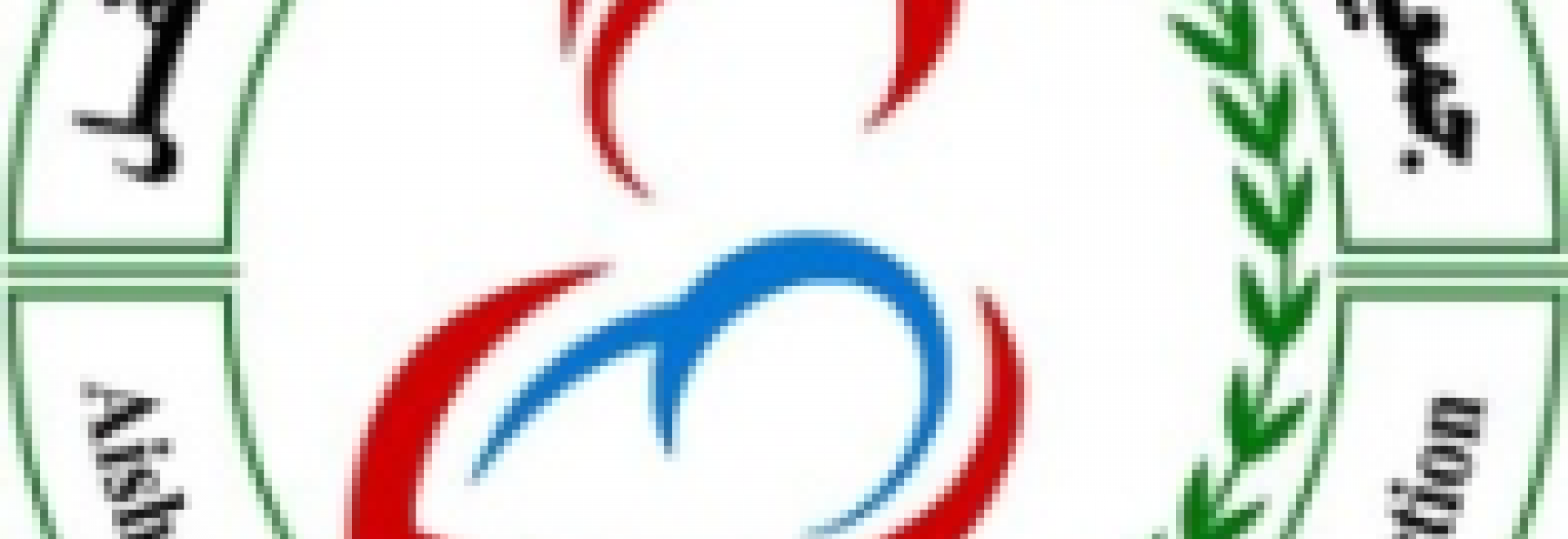
His Excellency the Minister of Education and Higher Education, Dr. Sabri Saidam, emphasized the challenges that the Education system in Palestine is still facing, despite the great achievements in the implementation of the Education for All agenda. He referred to the on-going teachers strike and commented that “the Ministry is actively engaged in trying to address most of the concernsraised by teachers- asteachers are an irreplaceable component of the very fabric of Education. ` He further mentioned long-lasting issues such as schools drop-out, teacher training and the threat to Palestinian curricula in Jerusalem and highlighted the Ministry’s engagement in achieving important reforms such as the new Tawjihi, the digitalization of the school system and the development of technical and vocational training.
As the technical advisor to the Education Sector Working Group, UNESCO praised the fruitful partnership with the MoEHE and its persistent commitment to reform and to the education of Palestine. UNESCO Representative in Palestine, Dr. Lodovico Folin Calabi, expressed his appreciation for the timely regularity of the ESWG meetings and confirmed UNESCO’ support to the newly established thematic groups (on inclusive education, technical and vocational training, curricula reform, higher education, among others). He congratulated the MoEHE for its inclusive approach in the preparation of the new Education Law and recalled the on-going review of the draft law, stating that `a high quality modern education law will serve as a rock solid foundation for everything we will do in the many years to come to advance Education in Palestine.`. Mrs. Florence Duvieusart, Head of Development Cooperation at the Consulate General of Belgium, speaking on behalf of the Joint Funding Partners (JFPs) and as co-chair of the Education Sector Working Group, also underlined the constructive work done with regards to the education law, “which will be the backbone of the education sector in the following years.”
She further disclosed her expectations on hearing how the modernization of the education sector has been translated in concrete allocations and actions and that she hopes that “2016 will be the year of real accomplishments despite the difficult circumstances that the sector is having today, especially regarding the teacher strike.”
In the course of the event, the MoEHE presented updates on the chairs, co-chairs and members of the ten Thematic Working Groups that have been formed during the last ESWG. This was followed by presentations on the seven main programs according to the EDSP III of the Ministry addressing the most important priorities within the 2016 budget and achievements made in 2015 focusing on management reform, capacity development, educational technology and curriculum development at the level of pre-school, basic- and secondary education, TVET and management and administration.
The Education Sector Working Group is planned to be held every three months to regularly evaluate and discuss achievements, challenges and ways forward in the education sector. The Annual Sector Review, which is a yearly exercise to take stock of developments and challenges in the education sector during the past year, will be taking place mid-May 2016 in conjunction with field visits to schools in the West Bank and in Gaza.
